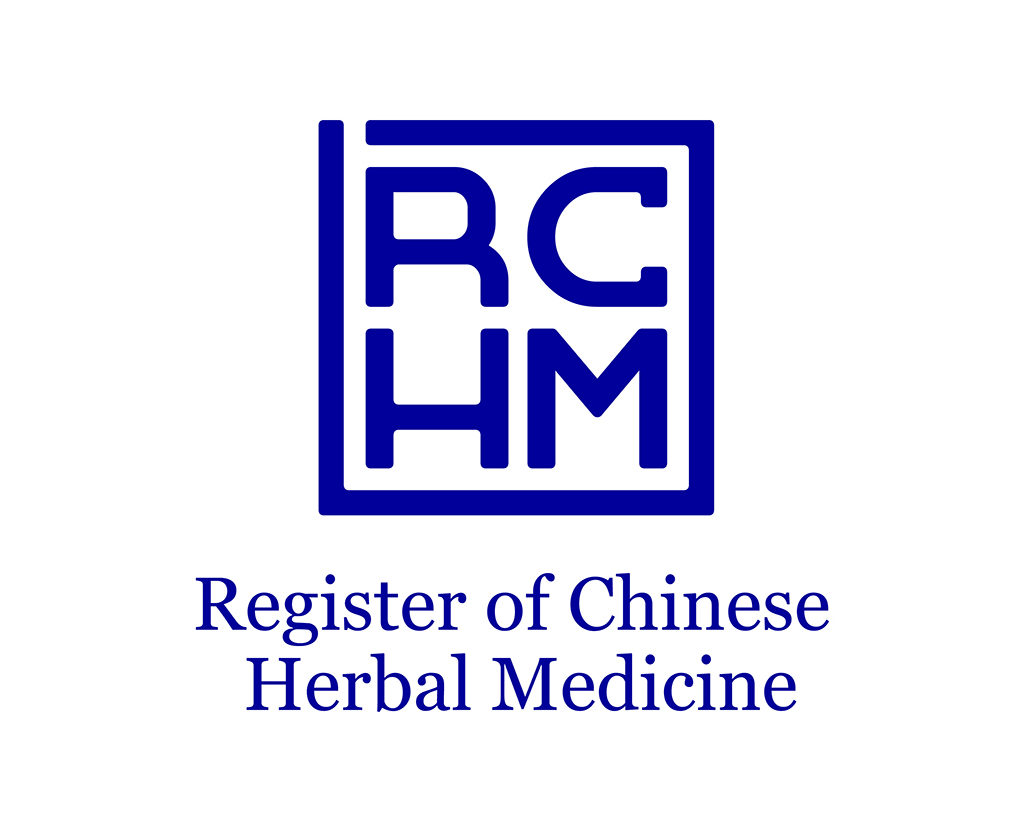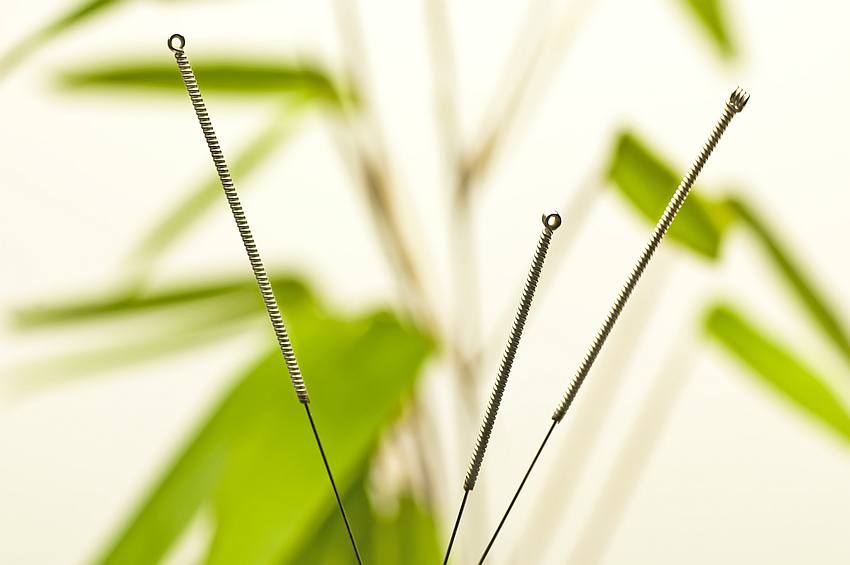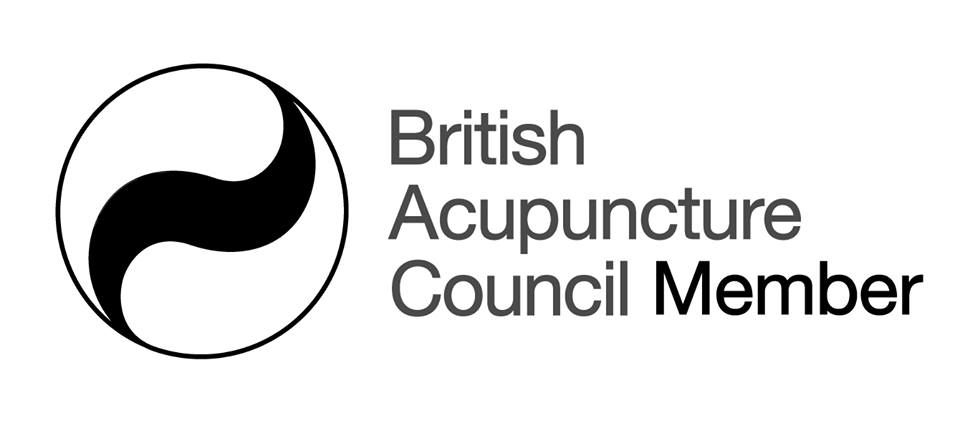Chinese herbal medicine
Natural remedies for health

Chinese herbs - 2000 years of knowledge
The ancient Chinese, like people all over the world used herbs to treat illness. There are general medical texts dating back to the 2nd Century BCE and records of herbs being used for fertility and miscarriage from 200 AD. The Complete Book of Effective Prescriptions for Disease of Women a book devoted entirely to gynaecology, was written as early as 1297.
Most societies used single herbs for single symptoms. Based on their own idea of how the body works, the Chinese developed a system for using complex combinations of herbs which work synergistically to treat the underlying disharmonies that cause the symptoms.

What are Chinese Herbs?
Chinese herbs might seem a bit mysterious. In fact, they’re just the plants that grow naturally in China or have been traded with neighbouring lands for thousands of years.
Some of them are the familiar herbs used in Europe or the US – for example honeysuckle, forsythia, sage, dandelion or plantain.
Some are the herbs and spices we use regularly in the kitchen – cinnamon, clove, cardamom, pepper, and some are foods such as mandarin, walnuts, lychee, melon or honey.
Some Chinese herbs such as Ginseng, Gou Ji berries and reishi mushrooms, have become famous all over the world. So perhaps not so mysterious after all!
Some of the more ‘medicinal’ herbs may have antibiotic, anti-viral or anti-inflammatory actions. Some are used to treat specific conditions such as digestive disorders, headaches skin conditions, menstrual disorders or pain,
What can Chinese herbs treat?
Based on its own diagnostic methods, Chinese medicine can treat a wide variety of conditions, though they may be given strange names such as qi stagnation, blood deficiency, invasion of wind cold, liver yang rising or kidney yin deficiency. The following table gives an idea of some of the things Chinese herbs can treat,
| Herbal treatment for | ||
|---|---|---|
| Fertility problems | Period problems | Menopause |
| Male infertility | Pain | Osteo arthritis |
| Headaches & migraine | Fibromyalgia | CFS and ME |
| Stress | Anxiety | Insomnia |
| Depression | Digestive disorders | IBS |

Chinese herbal prescriptions
Herbal prescriptions contain multiple herbs. Traditionally, they come as daily packets of raw herbs which have to be boiled and the liquid then drunk.
Modern techniques of extracting the power of the herbs and spray drying them means they are now available as potent powders – what I call ‘the Nescafe alternative’ – which you simply add to boiling water. These powders can also be encapsulated.
Which form you use largely depends on your lifestyle and how much time you have available to prepare a traditional decoction – it’s better to take capsules three times a day than skip your herbs for two days because you didn’t have time to prepare them.
There are good arguments for drinking your medicine, as taste can play an important part in stimulating your system – research has shown that even the heart has has receptors for the bitter flavour.
Prescriptions for fertility
With menstrual and fertility problems, if the condition is a simple one, you will probably take the same prescription for the whole month, if it is more complicated, you may be given separate prescriptions for each phase of your cycle,

Is it safe to take Chinese Herbs
People worry about the safety of herbal medicines. In fact they are really very safe. In Chinese herbal medicine, there is accumulated knowledge of how to use each herb going back over a couple of thousand years, and there is an increasing body of modern research into the pharmacology of these plants.
A Chinese prescription is tailored to you and your ailment and takes into account any western medicines you may be taking. Unlike western medicine which is aimed at single symptoms, it is ‘fuzzy’ and treats your whole system and ‘energetic’ imbalances.
The herbs themselves are ‘fuzzy’ too, A single herb can contain dozens of biochemicals, whose functions somehow balance each other out, so the scope for side effects is lessened.
Anyone can have an adverse reaction to anything including foodstuffs (think peanuts) and western medicines, but whilst not impossible, in the case of Chinese Herbal medicine this is really very rare.
Herbal medicine in Europe and the United States is highly regulated and monitored. Suppliers have to comply with strict regulations. My herbal supplier is Phoenix Medical who is accredited by the RCHM and is a supplier to the NHS for certain research projects.
Does Chinese medicine use animal products?
You’ve probably heard that the Chinese use animal products in their medicine. Once upon a time that was true. In fact those substances, such as bear bile, contain potent molecules not available back then from any other source. Some of these molecules have been identified and researchers are looking for ways to produce them chemically in the lab for use in western treatments.
As practiced in the West, Chinese herbs no longer contain animal products. Neither do we use endangered plant species – these are strictly controlled by CITES (the Convention on International Trade in Endangered Species).

How long will you have to take your herbs?
How long you need to take the herbs depends on many things, including the type of condition, how long you have had it, and, particularly in the case of fertility, how old you are. With menstrual issues and fertility, it is usual to treat over three cycles, which is also the length of time it takes for a new group of eggs to make it through to the selection line for ovulation.
In the case of infertility, depending on the reason, or your age, it could take longer than that,
How much will the herbs cost?
This is hard to say, as it depends on how many herbs there are in the prescription what form they come in and whether there any particularly expensive herbs in the scrip. £30/£40 would not be untypical.
Please get in touch if you’d like to find out if Chinese herbs could help you, or book an appointment,






